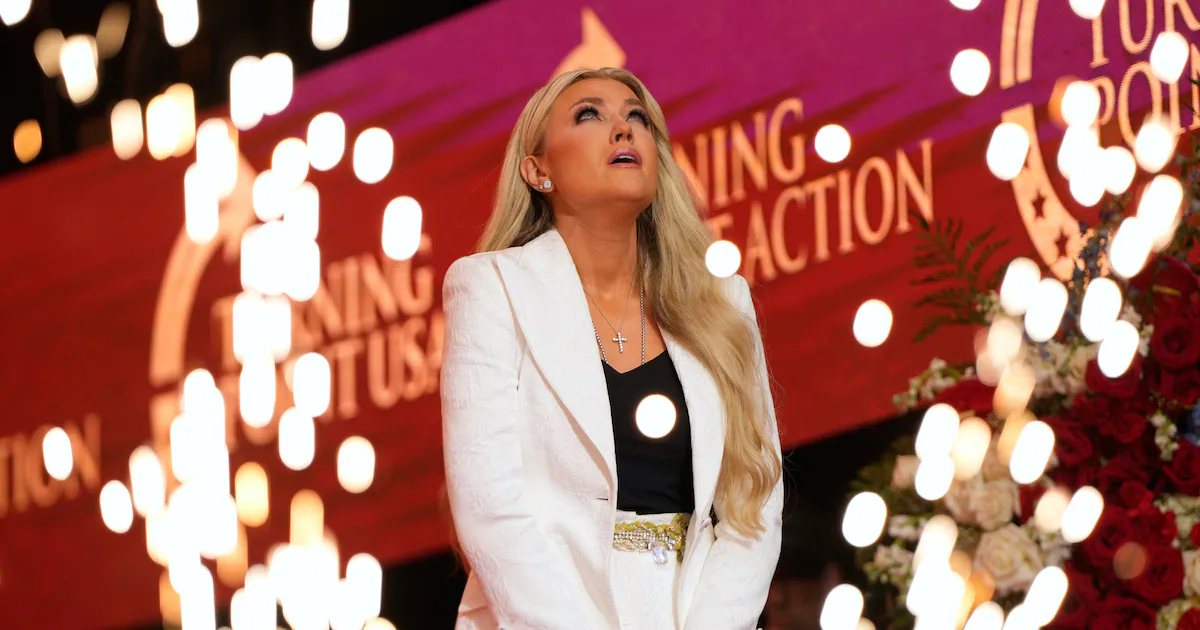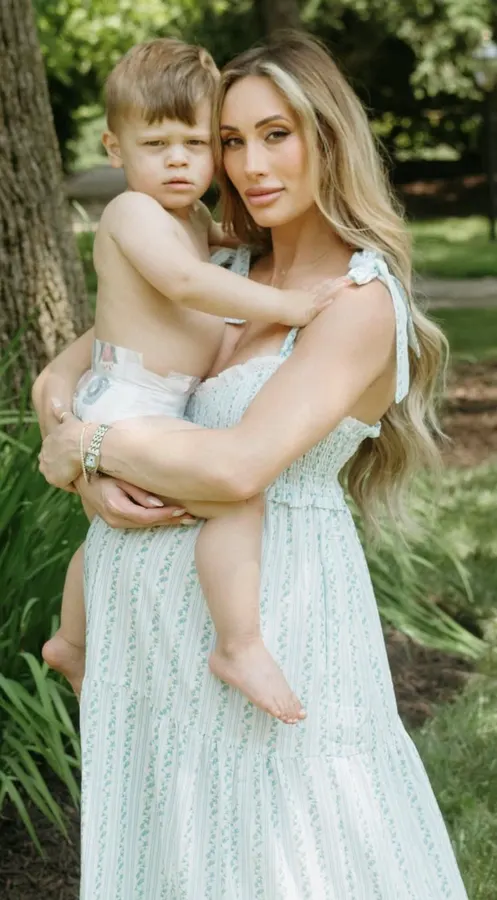
Erika Kirk has endured many women’s worst nightmare: suddenly losing their husband and the father of their young children.
Whatever your feelings about Charlie Kirk’s politics, his grieving widow’s message of love and hope for the future, as well as forgiveness toward her husband’s murderer, could not be better calculated to soothe the wounds of national political strife.
Erika Kirk’s address was exemplary for another reason, however. With the nation’s eyes on her, she didn’t lecture, she didn’t lob statistics and she didn’t shame other people’s choices or circumstances. In her lowest moment, she simply and sincerely shared the source of her strength and forgiveness: her faith and her marriage.
“The greatest cause in Charlie’s life was trying to revive the American family,” Kirk shared. “When he spoke to young people, he was always eager to tell them about God’s vision for marriage and how if they could just dare to live it out, it would enrich every part of their life in the same way that it enriched ours.”
A message focused on faith and family is easy to dismiss as Christian nationalist propaganda, and not without reason. The politicians and pundits who want Christian clout without personal discipleship are as much of a threat to the church as they are to the state. The only thing worse than a godless society might be a godless Christianity wherein the will-to-power wields sacred authority.
That’s exactly why Erika Kirk’s message is so important. She demonstrates that the real power of Christianity is not as a set of propositions we impose on others but as transformative personal commitments that change society by strengthening the individuals and relationships within it.
If we want a society that’s tolerant, merciful and just, then we need individuals who live those values, especially when it’s not convenient. As Kirk puts it in her speech, “Guard your heart. Everything you do flows from it.”
Forgiveness certainly was not the convenient path for Kirk to take. She might have done as many others and used Charlie’s death to incite hostility towards political or cultural enemies. Instead she is choosing mercy in the face of unbearable injustice. The personal values she discusses in her speech are not incidental to the countercultural grace which she extended to the man who killed her husband.
For example, she describes how there was “no keeping score” in her marriage to Charlie, and how she “didn’t make him feel guilty” when he couldn’t be around as much as she wanted.
There’s a toxic tradwife version of spousal selflessness that is merely transactional. It features youthful, attractive women who trade submissiveness for resources and fidelity from men.
That’s not Erika Kirk’s vision. She explains that Charlie was similarly devoted to her happiness, recalling how Charlie wrote her a love note every Saturday, expressing his love and gratitude for her. “He would always end it (with) the most beautiful question. … ‘Please let me know how I can better serve you as a husband.’”
This grieving widow cautions men that “your wife is not your servant. Your wife is not your employee. Your wife is not your slave. She is your helper. You are not rivals. You are one flesh.”
In the same way that the antidote to Christian nationalism is sincere private religiosity, the answer to manosphere machismo is empowering men with real purpose and service-oriented leadership.
Kirk explains how this showed up in her husband’s work: “Charlie passionately wanted to reach and save the lost boys of the West, the young men who feel like they have no direction, no purpose, no faith, and no reason to live, … the men wasting their lives on distractions and the men consumed with resentment, anger and hate.”
The way to give them that purpose, according to Kirk, is through marriage.
“Charlie’s mission, above all, was aimed directly at those who aren’t married. … He wanted everyone to experience that joy.”
In the end, Kirk calls on Americans to “choose prayer. Choose courage. Choose beauty. Choose adventure. Choose family. Choose a life of faith. Most importantly, choose Christ.”
Without knowing much about Erika Kirk personally, her sincerity and mercy amid an unthinkable tragedy exemplify what Christianity can be at its best. She has shown America that values like forgiveness, love, hope and shared commitments in our personal lives is a faster route to progress than anything offered by the culture warriors.



